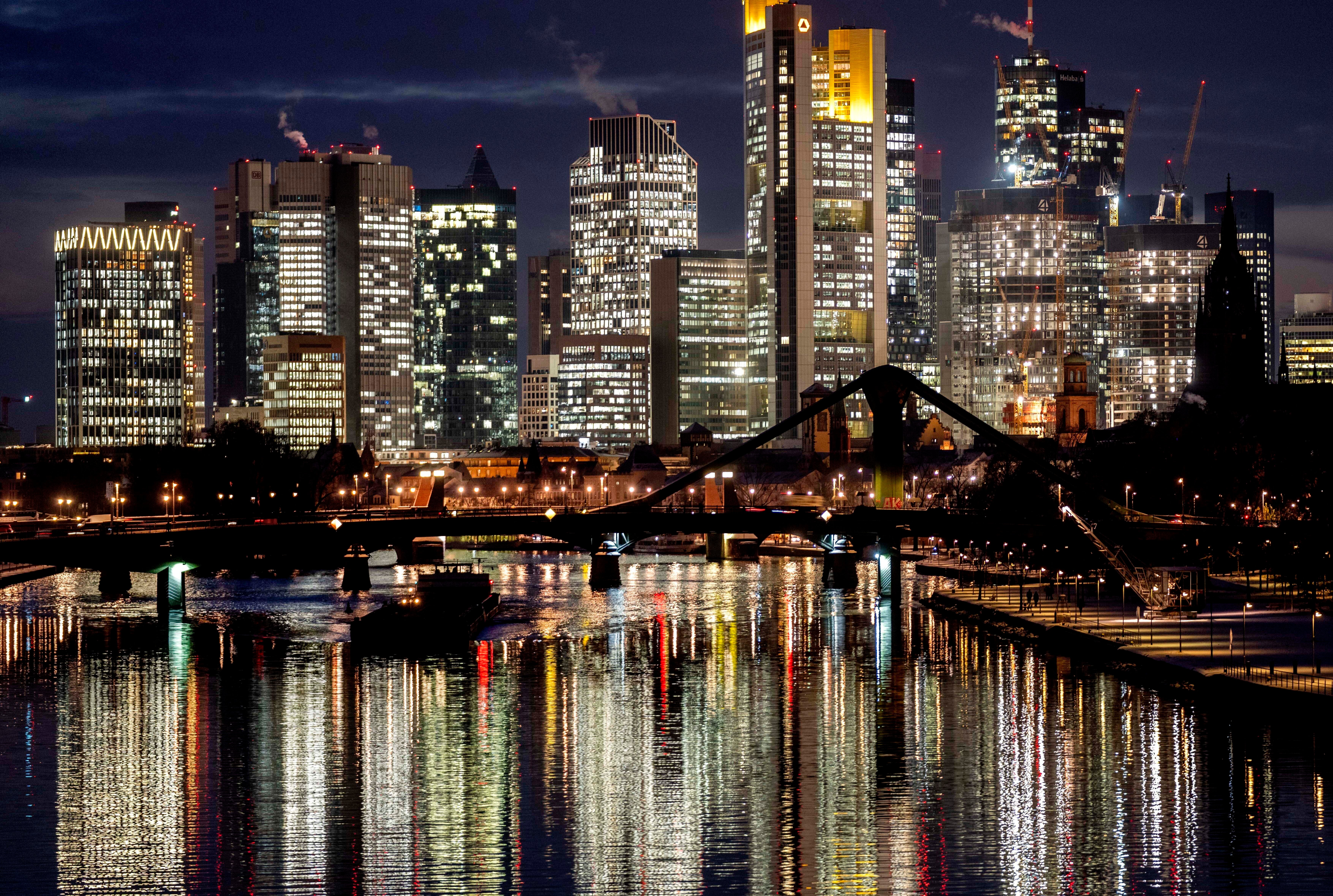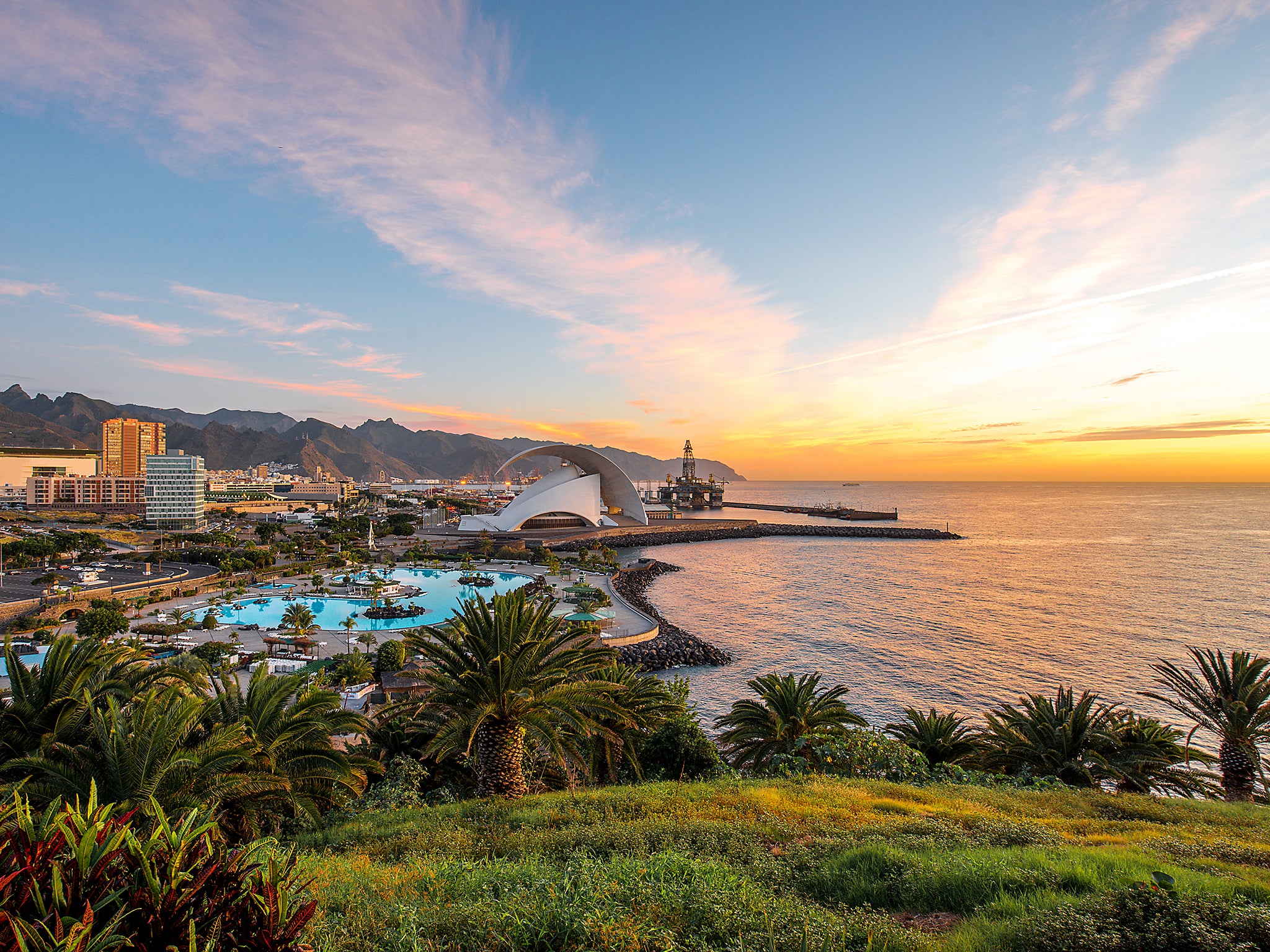My Lufthansa flight was cancelled due to strikes – can I get a refund?
Simon Calder answers your questions on industrial action, Tenerife trips and Tokyo


Q We were due to fly with Lufthansa from Barcelona to Frankfurt and then a connecting flight to Liverpool. The flight was cancelled due to industrial action in Frankfurt. But Lufthansa are refusing to send a refund. Please advise?
John, via the latest Ask Me Anything at independent.co.uk/travel
A Lufthansa has had a pretty lousy couple of weeks. On 15 February an IT failure caused by workers accidentally severing fibre-optic cables during construction work grounded hundreds of the German airline’s flights. Two days later, you were caught up in a massive strike by airport workers at very short notice. Unlike in the UK, unions in Germany need not give advance warnings of walkouts. When the Verdi union called out its ground-staff members at key German airports, Lufthansa had no choice but to cancel all flights from Frankfurt and Munich: more than 1,300 in total, affecting over 200,000 would-be passengers. A Lufthansa executive, Michael Niggemann, said: “We are not a party to the collective bargaining and have no influence on it – nevertheless, our guests and we are massively affected.”
Many of those caught in the IT chaos on 15 February may be contemplating a claim for compensation under European air passengers’ rights rules. But the 17 February strikers did not work direct for the German airline, so you cannot expect a cash payout. Depending on your situation Lufthansa may well be obliged to reimburse you. If you decided not to travel, a refund should be automatic. If you did travel, but could only do so by booking another flight – such as Barcelona to Manchester non-stop – then Lufthansa probably owes you the cost of the ticket. (The only way the airline could get out of paying is if it can show it offered a timely alternative or said it would book replacement flights for you.) In addition, Lufthansa must meet reasonable expenses for hotels and meals incurred as a result of the cancellations, even though they were not the airline’s fault.
As a more general point, the more complexity you build into a trip – such as a change of planes between Barcelona and North West England – the more you are a hostage to misfortune. Paying a premium for a direct flight is, I believe, often worthwhile.

Q I am looking to book a family package holiday to Tenerife in May. Is now a good time to book or are prices likely to drop?
Winnie
A May is set to be an interesting month from a travel perspective, so I have done some research for you. The first weekend of May (6 & 7) is notable for the King’s coronation. For those more interested in travelling than royalty, it will be an additional bank holiday weekend, with Monday 8 May a day off work for many. With Monday 1 May still being the usual bank holiday, the chance for a 10-day break in return for only four days’ holiday is likely to increase demand, and hence prices, for flights. But most families with school-age children will not be able to avail of a week off.
At the end of the month, the usual spring bank holiday on Monday 29 May also coincides with half-term for many schools in England and Wales. This is likely to drive up demand even more sharply. But anyone travelling between the long weekends should be able to find a bargain. As a benchmark, I looked at the cheapest week’s package I can find from Tui for a departure on each of the Mondays in May, based on two adults and two children travelling together and staying in self-catering accommodation.
On the first day, flying from East Midlands and staying in Puerto de Santiago, the price per person is £337. On 8 May, it’s flying from Gatwick and staying at Playa Las Americas: £287. Travelling a week later (15 May) from Gatwick and heading for Puerto de Santiago, you would pay £286 per person.
By 22 May, Luton is the cheapest UK departure airport, again to Puerto de Santiago, at £342. And as predicted, the 29 May outbound is most expensive at £486 – for that original flight from East Midlands and staying in Puerto de Santiago. That is 44 per cent higher than at the start of the month, but I would buy at that price now. Indeed, all of these holidays look pretty good, bearing in mind they include flights with luggage and coach transfers to the hotel as well as the accommodation itself.

Q I am a regular traveller between Humberside airport and Tokyo via Amsterdam on KLM. The fare I have just been quoted is 42 per cent higher than my last trip. I know Putin’s war has caused a change in routes to Asia, but are prices likely to decrease?
Raymond 666
A The factors at work here are complex. The cost of providing an airline seat between Europe and Japan is much higher as a result of Russia’s war against Ukraine. Airlines are typically paying one-third more for fuel than a year ago before Putin’s invasion. (The exact amount depends on a range of factors, notably the “hedging” position that each carrier has adopted – buying fuel ahead at a fixed price.)
In addition, airlines flying to east Asia are using more fuel. The closure of airspace over Russia, Ukraine and Belarus has increased the flight time from Amsterdam to Tokyo by at least two hours, to an average of 12h30m – with some inbound trips taking 14 hours as they go the “wrong way” round the world – flying initially away from Amsterdam on a journey over Alaska and northern Canada. Not only does this hugely increase fuel burn – it also has staffing implications and increases wear on the engines.
As a result of the higher costs, capacity has shrunk compared with the pre-war, pre-Covid levels. Overall the average reduction of available seats is down by about one-sixth. Between the UK and Japan the reduction is even more pronounced due to special circumstances. Previously, many of us flew on Aeroflot from London via Moscow to Tokyo – a fast and straightforward journey. The Russian national airline is now banned from Western airspace. Cathay Pacific was a leading provider of capacity between the UK and east Asia, but the Hong Kong-based airline is still way below its pre-pandemic operation as it emerges from some fairly extreme travel restrictions.
Finally, the Chinese giants – Air China, China Eastern and China Southern – previously provided plenty of low-cost seats via their hubs in Beijing, Shanghai and Guangzhou respectively. With the People’s Republic still not open to international tourism, that supply has dried up. With demand as strong as ever, the only way for fares to go is up. As supply increases – which it surely will, given the high prices airlines are commanding – prices should subside. But the deterioration of sterling against the US dollar, reflecting the relative decline of the British economy since the Brexit decision, doesn’t help. The days of £600 or £700 return fares from the UK to Japan seem permanently over.
Question via the latest Ask Me Anything at independent.co.uk/travel
Email your questions to s@hols.tv or tweet @simoncalder






Join our commenting forum
Join thought-provoking conversations, follow other Independent readers and see their replies
Comments